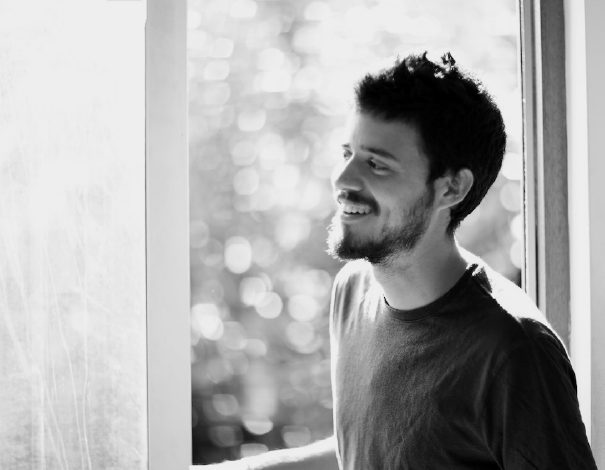When you read a script, what are you looking for? How do you know if the project is a right fit for you?
I need to love the characters and get to know them more every scene. It has to surprise me every ten pages. But mainly, it needs to mean something, it must have something to say. Even if you don’t know exactly what you’re trying to say, you gotta feel there’s something unique there, being said in an original and fresh way.
Do you embrace the idea that the final project may differ from the way you initially envisioned it? Or do you restructure along the way to shape everything just as you had imagined it?
I think filmmaking is all about planning every detail of what you’re going to shoot, and being able to change it all again by the time you can’t do exactly what you had planned. If you stick too much with your original ideas, you might lose the opportunity of embracing what your set, your crew, your cast and all the unpredictable things that happen are telling you. A director needs to know exactly what they want. And by knowing it, you are able to change it on set. If you were not confident, if you hadn’t thought about you original idea deeply, you won’t have the confidence to change it, and you’ll be saying no to what the universe is giving you to play with. So, the more you plan, the better you can get rid of your plans. And that’s the magic of it.
What is your biggest creative obstacle?
The blank page. When you’re starting to write something, and all the possibilities still exist, it’s easy to get lost. That’s why it’s so important to know what you want to say with the script, what’s your main idea, your theme, your thesis, what moves your heart to write that project. So every time you get lost, and that will happen hundreds of times, you need to remember to go towards your main idea and get back on track.
Do you have a method for coming up with new ideas?
It’s a combination of having the free time to let your brain get inspired, opening your heart to what surrounds you and picturing yourself in other people’s shoes. Then, as a second step, I always need a partner to bounce ideas off of. Otherwise I get stuck in self criticism and can’t move forward. I need dialogue and movement to get the creative process going.
Do you have a way of organizing your ideas?
I write emails to myself a lot. For some reason that’s the best way to take notes and remember them the next day. If I open a new document in my computer, or make notes in my phone, it’s very likely they will be forgotten and sit there for weeks before I open it again. If I have an idea (and sometimes that happens when you are in a party, when you are walking your dog, or anywhere, anytime) I write it down and email it to myself, so I can’t help but keep thinking about it the next time I open my mailbox.
Do you have a specific style or focus as a director? Is that important? If so, how do you work on that?
I don’t think I have a defined style aesthetically. I prefer to try different styles on every project. Maybe that’s because I haven’t found my style yet? What I do have is a working method of listening to people. I think the most important thing in the director’s craft is to choose your crew and cast really well. And then, listen to them.
What advice would you give someone who is starting out in the business?
Make short films. Doesn’t matter how cheap they will look. You will learn a lot if you write, shoot, and edit something. Next time you shoot something you will know way better what you’re doing. There are some things you can only learn when you do it. Where to place the camera, when to cut a shot, what’s important for the editing, how to talk to actors. Don’t be afraid of making a crappy short film. You can hide it if you want. Just shoot it, with your phone, or whatever camera, crew and cast you can get. The good thing about making experimental super cheap shorts is that you have no pressure. And by the time you are actually shooting something with a decent production, (and there is pressure) you will have some set experience.
Have there been times when you have taken creative risks and it didn’t necessarily pay off? What did you learn from it?
Absolutely. It happens a lot. It’s way better to make a mistake because you tried something bold than making the mistake of being a coward and doing something with no personality. Take risks. That’s what art is all about.
What is the last experience or piece of art that has inspired you?
I saw the Danish movie ‘The Guilty’ this week. The entire film was shot inside one room. It’s been a while since I’ve been so tense watching a film. Probably one of the simplest budgets you can imagine. It turns out to be an amazing movie because the script is awesome, with rich characters, nicely conducted plot and something to say.
Do you have a mantra you live by?
Surround yourself with good vibes.
Do you have any interest in going to Mars?
Absolutely. When do we board?
